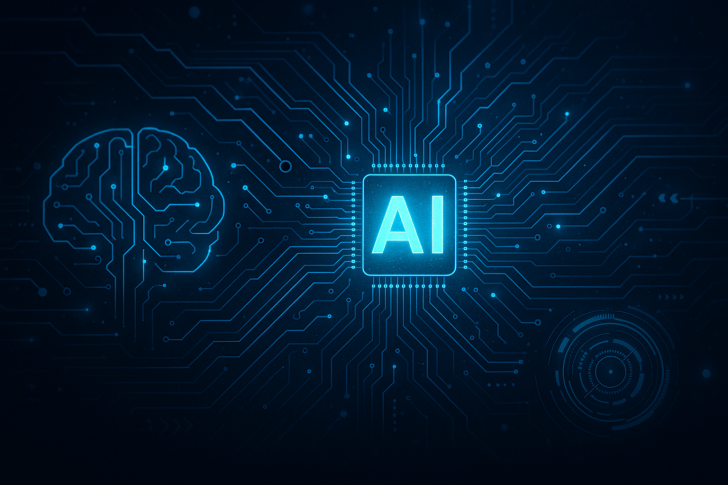● Big news from Claude: the AI assistant is getting memory, and it's rolling out right now. This has been one of the most requested features, and Anthropic is finally making it happen. Max users get first access starting today, with Pro users joining the party over the next two weeks. Team and Enterprise customers won't be left out either—they're getting it as part of a bigger platform upgrade.
● So what does this actually mean? Claude's memory works on a project-by-project basis. Each project maintains its own context, which means Claude can remember the important stuff—your preferences, ongoing work, key details—without you having to explain everything from scratch every single time. It's designed to make conversations feel more natural and save you from repeating yourself.
● Of course, there's always a flip side. Whenever an AI starts remembering things, privacy becomes a real concern. Companies and individuals dealing with sensitive information will want to know exactly how that stored context is managed, who can access it, and how to delete it when needed. Anthropic seems aware of this, which is probably why they're also introducing incognito chats—for times when you don't want Claude remembering anything at all.
● From a competitive standpoint, this puts Anthropic on more equal footing with OpenAI's ChatGPT and Google's Gemini, both of which already have similar memory features. For enterprise users especially, this could be a game-changer. Less time re-explaining context means smoother workflows, faster turnarounds, and ultimately lower operational costs. That's the kind of thing that matters when you're scaling AI across a whole organization.
● Looking at the bigger picture, this update is another step toward truly agentic AI—systems that learn continuously, adapt to how you work, and carry tasks forward across multiple sessions. Anthropic is walking a tightrope here, trying to make Claude smarter while still keeping privacy and user control front and center.
 Saad Ullah
Saad Ullah

 Saad Ullah
Saad Ullah


